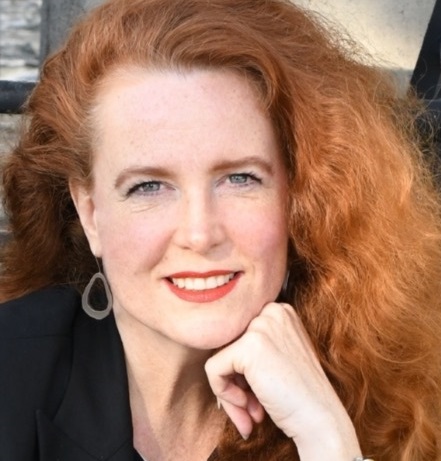Working with Excess: The Effects of Screen Dependence, Obsession and Addiction on the Brain, Behaviour, and Development of the Person
Mari Swingle, PhD
1-day workshop
Date: April 9, 2024
Workshop Title
Working with Excess: The Effects of Screen Dependence, Obsession and Addiction on the Brain, Behaviour, and Development of the Person
Workshop Description
An in-depth workshop building on knowledge of primary developmental effects of excessive and non-complimentary interactive screen use. Despite mounting evidence of how excessive interactive screen use can negatively affect brain function and brain development, we continue to assimilate interactive technologies in all aspects of life (e.g., work, play, parenting & education) without regard to functional understanding of the potential impact on the health and wellness of persons. In this one-day workshop, participants will look at universal alterations in biological priming (rewiring / hijacking of biological systems) specifics in socio-emotional and cognitive development of infants (e.g., attachment), children (e.g., vestibular system), adolescents (e.g., psycho-sexual development), youth (e.g., failure to launch) and adults as well as individual liabilities and epigentetic vulnerabilities that are client/person specific. Variations by exposure patterns including chronological age, age of introduction and type of exposure will also be explored. Dr. Mari Swingle will also demonstrate how screen (process) addictions including gaming, social media, pornography, scholastic perfectionism and ‘screen workaholism’ are not insular, tending to be culturally or environmentally endorsed and often co-morbid or co-occurrent with other expressed pathology or subclinical illness. Dr. Mari Swingle will present her ground-breaking research mapping the normative & clinical QEEG, integrating active clinical data, as well as 30+ years of progressive archival data; cases will be presented, diagnostic flags and treatment/intervention protocols reviewed. She will also explore attitudinal hurdles including environmental/cultural obstacles that must be crossed to ensure successful treatment outcome. Note: This workshop is not anti-technology, rather pro-technology choice.
Learning Objectives
1) Recognize symptoms of generalised screen (process) addiction as well as combined content & process addiction (e.g., gaming addiction, sexual/pornography addiction, social media addiction, FOMO, etc.
2) Learn and recognize (individual as well as cultural) risk factors (e.g., environmental, relational, epigenetic, etc.).
3) Learn various age effects (e.g., variations in severity and treatment success outcomes based upon chronological age vs age of introduction as well as state of emersion). Learn to identify stages and phases of critical developmental interference (e.g., 0-3, 4-6, 7-9, 9-11, 12-16, & 18+) on the developing brain/person.
4) Learn how to reach & teach clients to mitigate societal factors including: Social & scholastic resistance; parental fatigue, apathy and abdication. How to tell science from hype (e.g., read the fine print of media / PR & pseudo research by vested interest).
5) It is not all bad! Learn to differentiate between ‘normal’ 21st century usage versus excess associated with negative health effects.
About Mari Swingle
Dr. Mari Swingle is a practicing therapist, clinical researcher, author, educator and public speaker. She has a MA in Education, MA & PhD in Clinical Psych, and has been working in the field of Applied Psychoneurophysiology / Neurotherapy for over 25 years. She was BCIA/EEG certified in Neurofeedback (2000), Associate Fellow 2005, Fellow 2010, Senior Fellow 2017. She sat on the BOD of AAPB (2017-19), wherein her primary mandate was constructing a classification system for Neurofeedback proficiency standards for the American Psychological Association (APA) (granted 2019-2026). She was awarded AAPB Fellowship in 2020. She is a champion of Neurotherapy; dedicated not only to clinical treatment but to disseminating functional (professional and lay) understanding of what Neurotherapy/EEG BrainBiofeedback is, and equally, what it is not.

